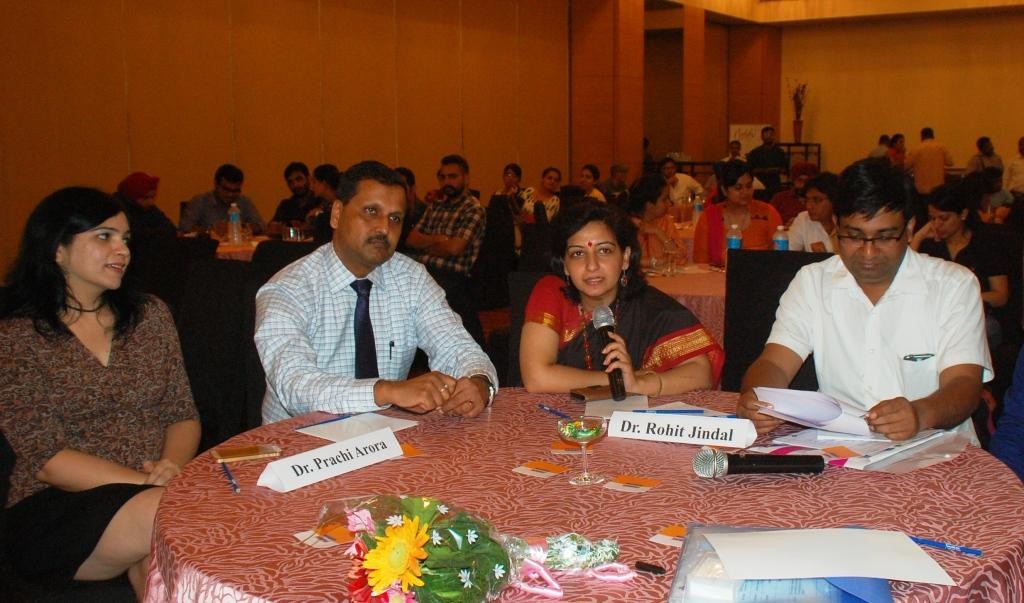Anovus organises CME on Clinical Research
Chandigarh, July 11: The city hosted a workshop accredited by Punjab Medical Council on “Contemporary Regulatory Scenario in Clinical Trials and Pharmacovilgilance” today.
Organised by Anovus Institute of Clinical Research and Harrison Tech Consultants, the workshop was conducted by eminent experts including Dr. H.K. Bali of Fortis Hospital, Dr. Rohit Jindal from GMCH-32, who is also Member Secretary of the Ethics Committee, Dr. Dharinder Tayal and Dr. Shweta Bhatia from Anovus, Dr. Prachi Arora from Quantum Solutions, Dr. Deepti Goyal of Harrison Tech Consultants, amongst others.
Dr. Y.K. Gupta, Professor and Head Department of Pharmacology, AIIMS, who is key panel member of SAE Committee of DCGI, and head of the Pharmacovigilance Programme of India, in his video recorded message said that in the last decade India has emerged as the second most preferred country to conduct clinical trials outside US.
He emphasised the need to optimize clinical research in India through capacity building, upgrading the knowledge and skills of the clinical research professionals as well as strengthening the ethico-regulatory issues.
Dr. H.K. Bali, cardiologist from Fortis Hospital said that investigators have a challenging role to perform as they not only need to remain abreast with the study protocols, they must handle safety, EC and regulatory criterion efficiently.
Dr. Rohit Jindal said that the DCGI, since 2013, it is not only mandatory to register institutional ethics committees but are also required to actively monitor and participate in reporting Serious Adverse Events (SAEs) during clinical trials. He also highlighted the challenges of conducting audio-visual recording of consenting process.
Strict timelines for reporting of Serious Adverse Events (SAEs) have been mandated in which IEC has to give their report including opinion on compensation within a fixed time frame. Investigators are required to report SAEs to the IEC within 24 hours followed by a detailed report within 14 calendar days. Within next 30 days, IECs have to analyse and forward these reports to national expert committee with opinion on financial compensation. In order to fulfill their responsibility, IEC should be competent. Therefore training of IECs needs to be undertaken so as to empower them about their roles and responsibilities, informed Dr. Shweta of Anovus.
Doctors, principal investigators, clinical research professionals, academicians and students participated in this CME session, informed Dr. Dharinder Tayal.

